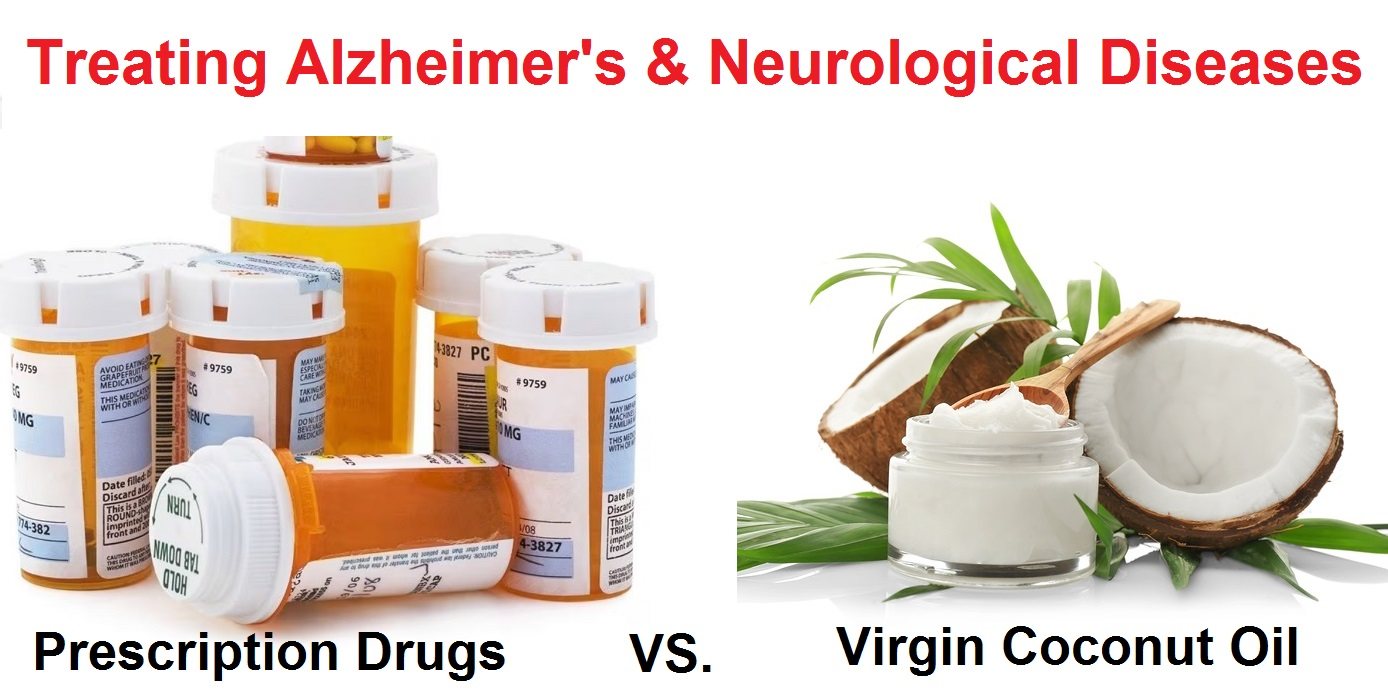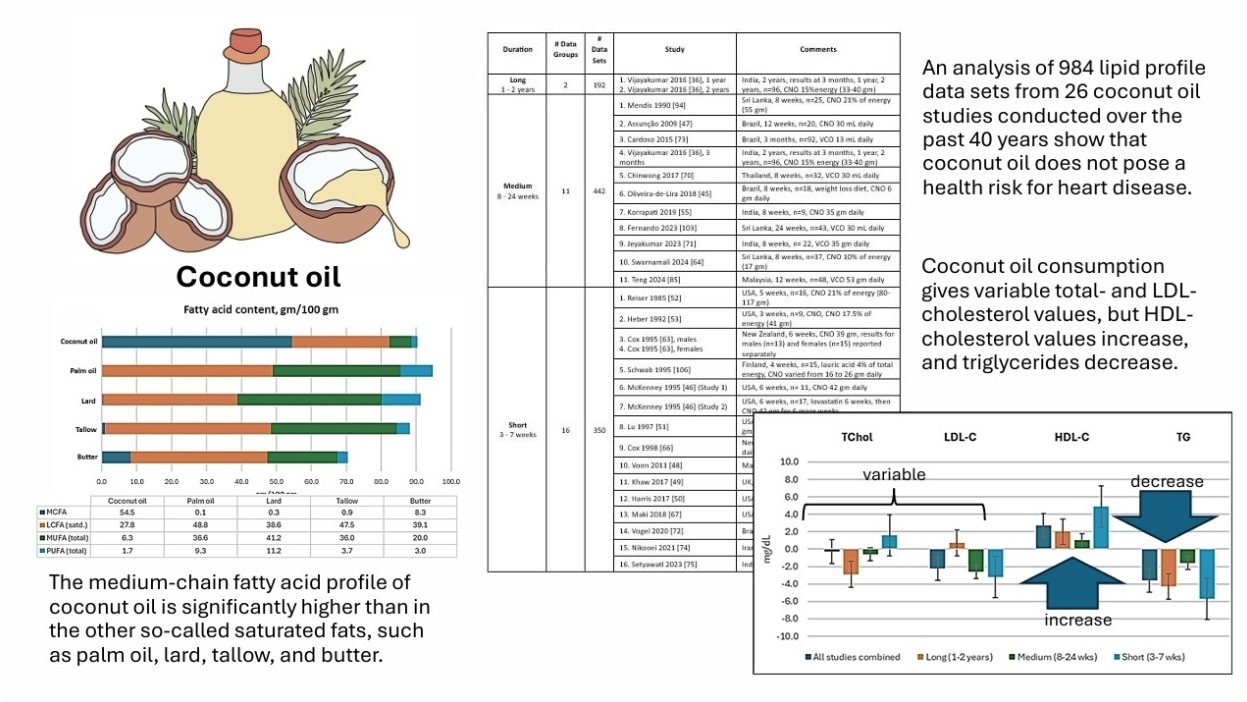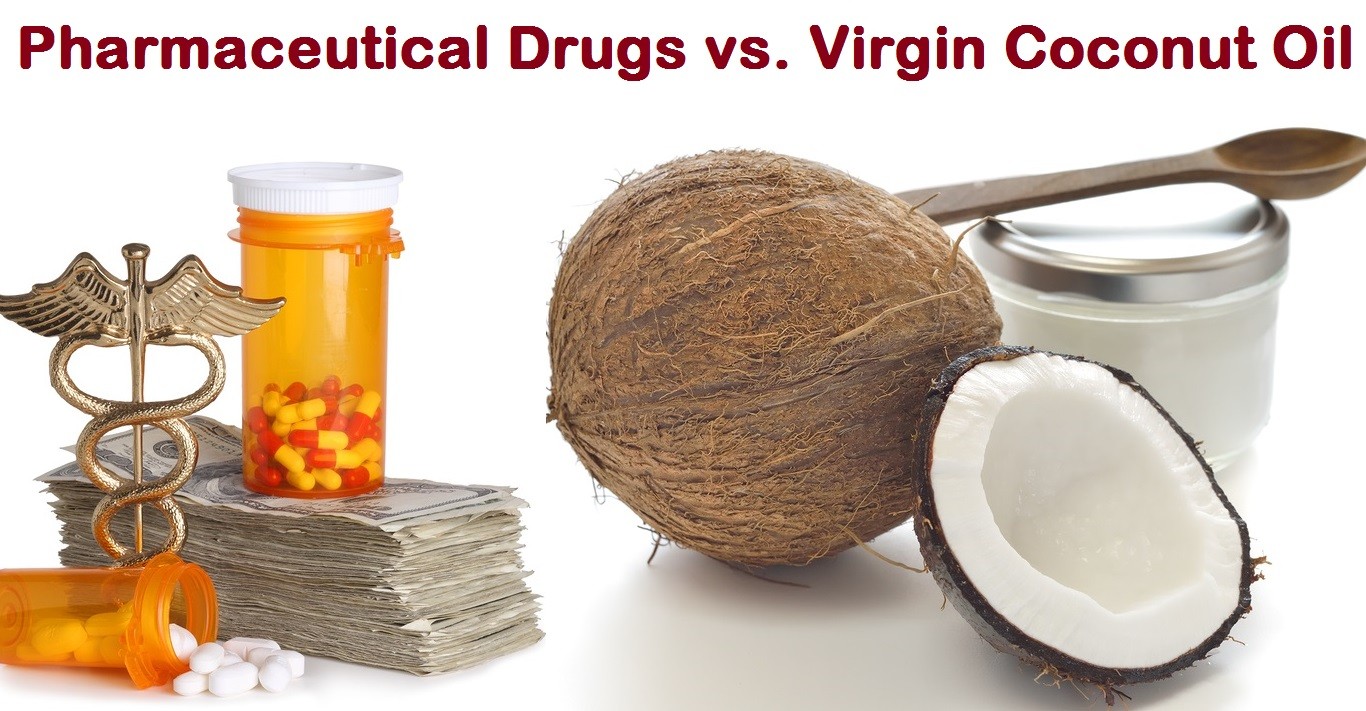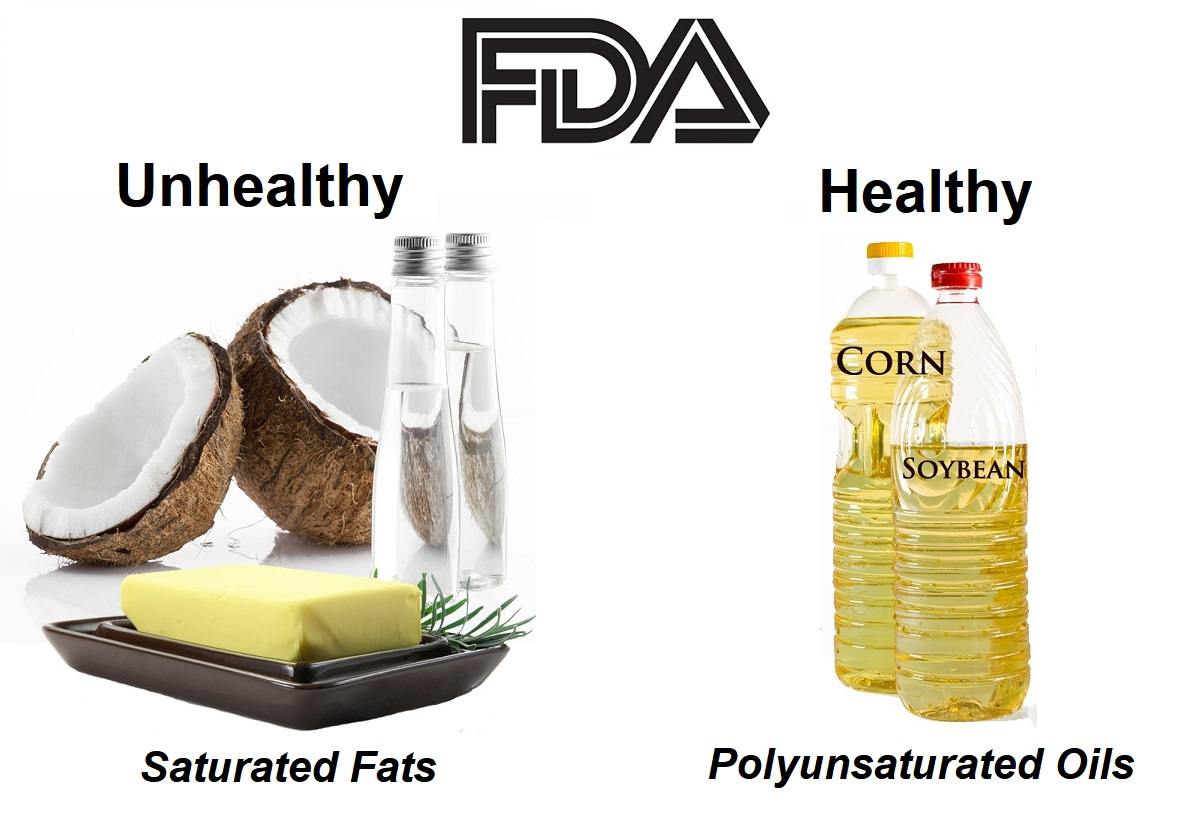Coconut Oil Continues to Benefit Alzheimer’s Patients over Drugs as Studies Continue for Neurological Benefits
The near miraculous effects of some Alzheimer's sufferers recovering their memories and stopping or even reversing the effects of Alzheimer's disease have been widely published in the alternative health media for at least a decade and a half now, and CoconutOil.com, part of the Health Impact News network, is the world's leading source on information about using coconut oil for Alzheimer's patients. While a few clinical trials have been proposed and even started to try and understand how coconut oil works so well with neurological diseases like Alzheimer's and Parkinson's Disease, coconut oil is a food and natural product that cannot be patented. Hence, few are willing to invest the money needed to study this in clinical trials. However, there is a strong market for by-products from coconut oil to be used in other formulations that can be patented. The main extract from coconut oil that has a long history of marketing, is lauric acid a medium chain fatty acid that has been used in applications like food preservation for years, due to its known use as an anti-microbial. It is also used sometimes in conjunction with pharmaceutical drugs, antibiotics, where pathogens become resistant to pharmaceutical antibiotics. Coconut oil is nature's richest source of lauric acid, with 50% of the composition of coconut oil consisting of lauric acid. Nature's second most abundant source of lauric acid is human breast milk, at about 8%. So it was not surprising to me that two studies have already been published this year (2025) looking at using lauric acid from coconut oil to develop treatments for Alzheimer's Disease, given Big Pharma's failures over the years to develop a drug that had any real positive effects on the disease.








